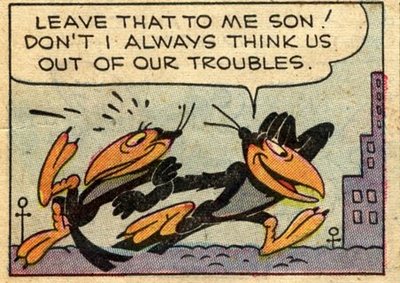 Humans are the worst thing ever for other species, especially megafauna. When we began to appear on continents, they started to largely disappear. Some of it was unavoidable if we were going to settle all over the globe, since we needed to burn through tall grasses and forestry to explore and establish. But plenty of it could be avoided, if we begin to realize that other creatures aren’t merely meat and target practice. E.O. Wilson has suggested the “Half-Earth Cure,” but first hearts and minds will have to be won. From Peter Aldhous’ Buzzfeed article “People Are Animals, Too“:
Humans are the worst thing ever for other species, especially megafauna. When we began to appear on continents, they started to largely disappear. Some of it was unavoidable if we were going to settle all over the globe, since we needed to burn through tall grasses and forestry to explore and establish. But plenty of it could be avoided, if we begin to realize that other creatures aren’t merely meat and target practice. E.O. Wilson has suggested the “Half-Earth Cure,” but first hearts and minds will have to be won. From Peter Aldhous’ Buzzfeed article “People Are Animals, Too“:
Tommy the chimpanzee got his day in court on Oct. 8, 2014. He was unable to attend the hearing in “person” — spending the day, like any other, in a cage at a used trailer sales lot in Gloversville, New York. But an hour’s drive away, in a courtroom in the state capital of Albany, Steven Wise of the Nonhuman Rights Project argued that Tommy should indeed be considered a person under New York state law. If so, Patrick and Diane Lavery of Circle L Trailer Sales could be summoned to determine whether they are imprisoning him illegally.
Central to Wise’s arguments in Tommy’s case, and to similar suits his organization has filed on behalf of other captive chimpanzees, is the assertion that apes are highly intelligent and self-aware beings with complex emotional lives. “The uncontroverted facts demonstrate that chimpanzees possess the autonomy and self-determination that are supreme common law values,” Wise told the five judges hearing the case.
It is a bold legal move — and so far unsuccessful. The court in Albany, like a lower court before it, rejected the idea that Tommy has legal rights of personhood. But Wise intends to fight on, taking Tommy’s case to the state’s ultimate arbiter, the New York Court of Appeals.
Events elsewhere in New York state stand in stark contrast to its courts’ willingness to consider the legal implications of the science of animal cognition. In March 2014, the Rip Van Winkle Rod and Gun Club in Palenville, a hamlet of some 1,000 people on the Hudson River, held the fourth installment of an annual festival that makes a competitive sport out of shooting down creatures that — judged by objective measures of their mental abilities — are arguably just as deserving of personhood as Tommy.
Those creatures are crows, targeted with abandon at the Palenville Crow Down. In recent years, members of the corvid family — including crows, ravens, jays and magpies — have been found to possess cognitive skills once thought to be the exclusive domain of people and the great apes. They make and use tools. They remember details about the past and plan for the future. They even seem to respond to one another’s knowledge and desires. “For all the studies that have been compared directly so far, the corvids seem to perform as well as the chimpanzees,” says Nicky Clayton of the University of Cambridge, in whose lab some of the most exciting discoveries have been made.
We gaze into the eyes of a chimp and see a reflection of ourselves. We glance at a crow and see an alien being that under some jurisdictions can be exterminated with impunity — bringing a sinister second meaning to the phrase “a murder of crows.” Such biases affect ordinary people and academic experts alike, skewing our understanding of what nonhuman intelligence looks like.•
